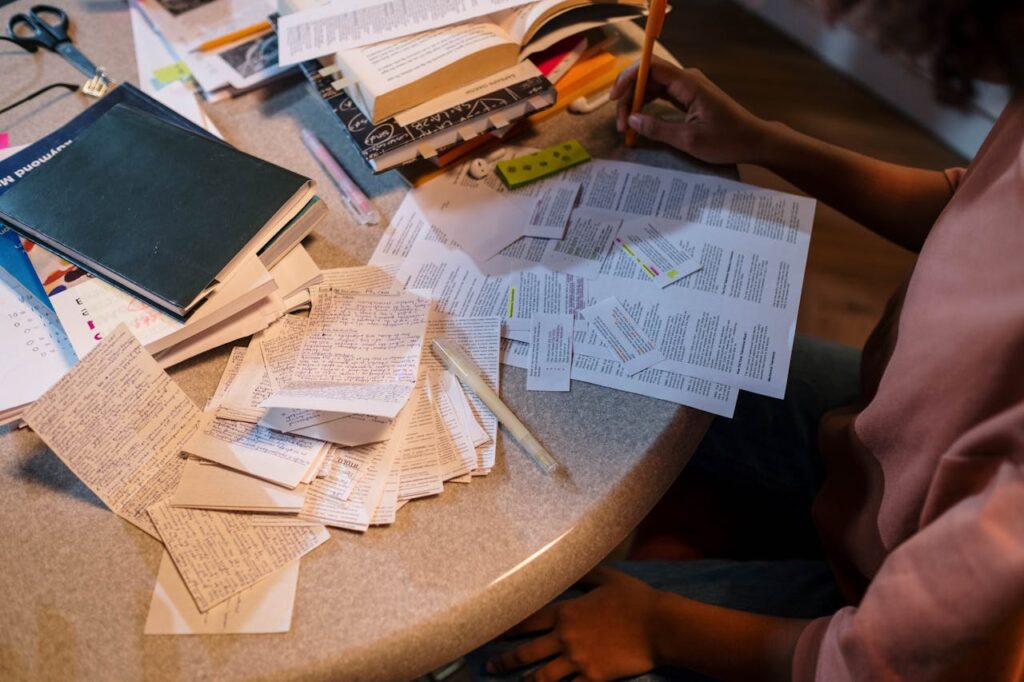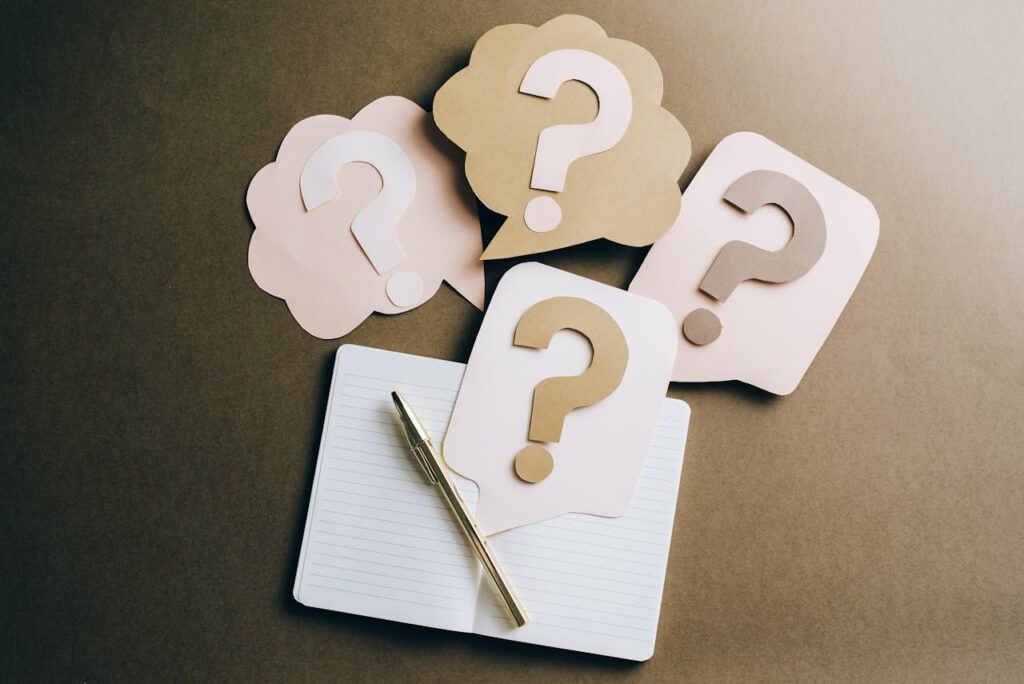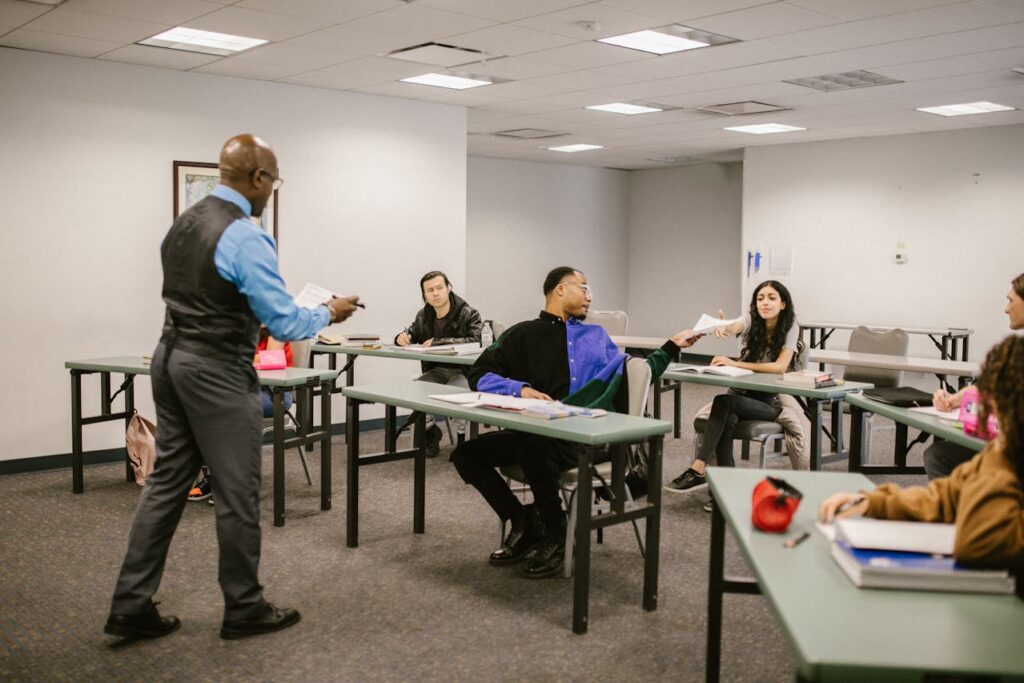Let’s be real, most students don’t start studying weeks in advance. Whether it’s from procrastination or just life being busy, last-minute study sessions are more common than we like to admit. The good news? You don’t need to be a straight-A, color-coded-notes kind of person to do well. Some simple tricks can make studying way more effective, even if you’re doing it the night before. Here are 10 study tips that work, even for procrastinators.
1. Start with what feels easiest

When time is tight, starting is the hardest part. Instead of jumping into the hardest topic, pick something that feels doable. Starting with easy material builds momentum and boosts your confidence. It tricks your brain into getting in the zone. Once you’re moving, it’s easier to keep going, even on tougher subjects. Procrastinators often need that quick win to avoid giving up before they begin. A little progress can spark a productive study streak.
2. Set a timer and race the clock

This one’s for the easily distracted. Set a timer for 25 minutes (Pomodoro style) and focus on just one task. No checking your phone, no opening new tabs. When the timer goes off, take a 5-minute break, then repeat. Racing the clock turns studying into a challenge instead of a chore. It helps limit distractions and keeps your brain engaged. Even if you only do a few rounds, it’s better than cramming mindlessly for hours.
3. Write, don’t just read

Reading a textbook or watching a lecture video feels like studying, but it’s not always effective. Writing notes by hand or summarizing aloud forces you to actively process the information. It also improves memory. If you’re cramming, don’t just highlight; rewrite key points in your own words. Create flashcards, scribble cheat-sheet summaries, or explain topics to your dog if you have to. The goal is to do something with the info, not just stare at it.
4. Use the “teach it back” method

Pretend you’re the teacher and explain the topic to someone else, even if that “someone” is a pillow. If you can explain it in simple terms, you understand it. If you can’t, you’ve found a weak spot. Teaching forces your brain to organize the info and fill in gaps. This method works fast, and it’s perfect for last-minute studying because it exposes what you still don’t know without needing a practice test or partner.
5. Study in short bursts

You might think longer sessions equal more learning, but your brain gets tired fast. Instead of studying for three hours straight, break it into shorter, focused chunks. Even 20-minute review sessions can be more effective if you’re paying attention. Use quick review bursts while waiting for a ride, during lunch, or right before bed. Procrastinators don’t need marathon sessions; they need focused sprints. The goal is quality time, not just clocking hours.
6. Quiz yourself constantly

Testing yourself is one of the best ways to remember stuff. Use flashcards, quiz apps, or even make a fake test. Don’t just reread notes, ask questions, and answer out loud. It forces your brain to retrieve the info, which makes it stick better. Even if you get things wrong, that’s part of the process. Quizzing turns studying into an active challenge, and it’s one of the fastest ways to figure out what you know and what you don’t.
7. Eliminate distractions for real

It’s tempting to keep your phone “just in case,” but it’s usually the number one reason you’re not getting things done. Turn off notifications, put it in another room, or use apps that lock your social media for a set time. Even better, go somewhere that feels different, like a library or coffee shop. Changing environments can refresh your focus. For procrastinators, even 30 distraction-free minutes can be more productive than three messy hours.
8. Use your panic wisely

If you’re a classic procrastinator, you know the exact moment when panic kicks in, and oddly, that’s when you work fastest. Use that adrenaline to your advantage. Make a quick plan, block out time, and dive in. Don’t waste time feeling bad about waiting too long. Instead, channel that urgency into intense focus. Admitting you’re in crunch mode can sharpen your concentration. The key is acting fast and staying locked in while the pressure is high.
9. Prioritize what’s most likely to be tested

When you’re short on time, studying everything equally doesn’t make sense. Focus on the topics your teacher emphasized, anything bolded in your textbook, and the material that keeps showing up in practice questions. Use your best guess to predict what’s likely to be tested. Procrastinators can’t afford to waste time on low-priority info. You don’t need to know everything; you just need to know the right things. Aim smart, not wide.
10. Don’t pull an all-nighter

It sounds brave to stay up all night studying, but it usually backfires. Sleep is when your brain processes and stores what you’ve learned. If you’re exhausted, your memory, focus, and energy tank during the actual test. Even a short night of sleep is better than none. Study earlier in the evening, then go to bed. You’ll retain more, think clearly, and feel less like a zombie in class. No topic is worth losing all your rest over.


